I Have a English Material Again.
Hope it will be useful for you guys!
Subjects and verbs must AGREE with one another in number (singular or plural). Thus, if a subject is singular, its verb must also be singular; if a subject is plural, its verb must also be plural.
In the present tense, nouns and verbs form plurals in opposite ways: nouns ADD an s to the singular form; verbs REMOVE the s from the singular form.
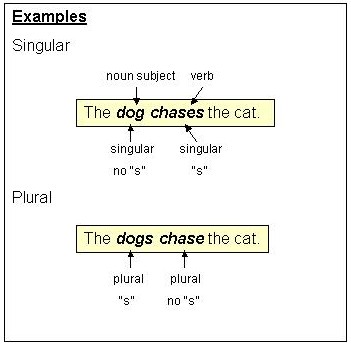
These agreement rules do not apply to verbs used in the simple past tense without any helping verbs.

The agreement rules do, however, apply to the following helping verbs when they are used with a main verb: is-are, was-were, has-have, does-do.
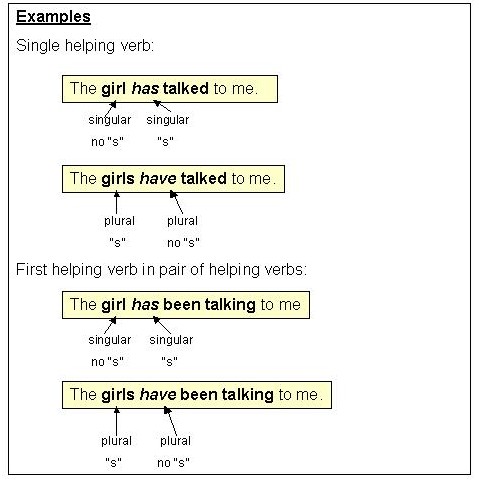
The agreement rules do not apply to has-have when used as the SECOND helping verb in a pair.
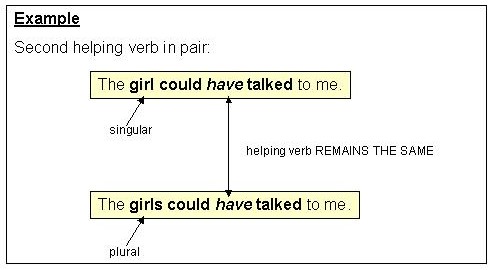
They do NOT apply to any other helping verbs, such as can, could, shall, should, may, might, will, would, must.
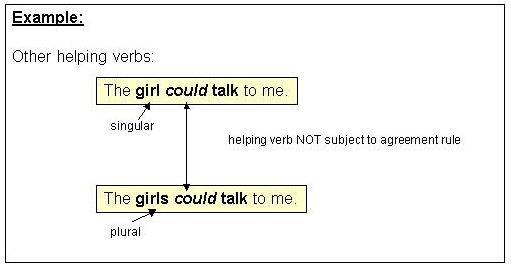
The subject-verb agreement rules apply to all personal pronouns except I and you, which, although SINGULAR, require PLURAL forms of verbs.
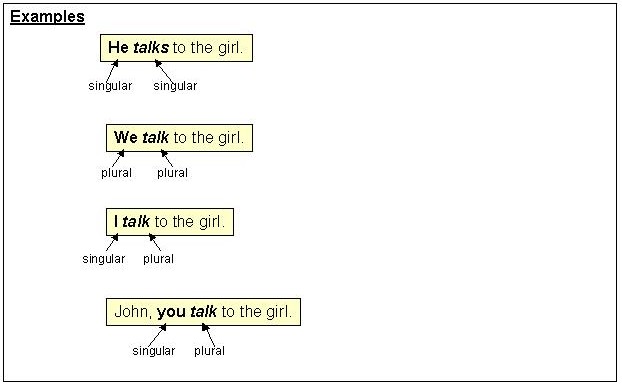
Tidak ada komentar:
Posting Komentar